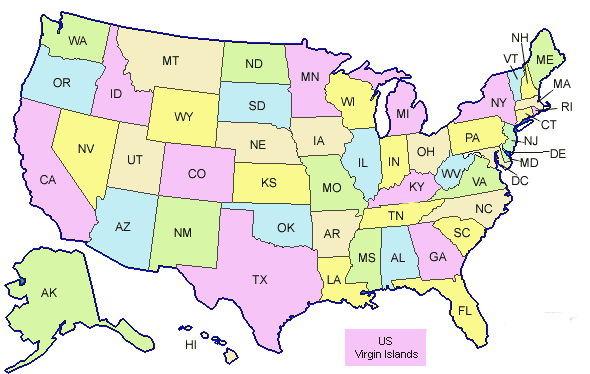If the following terms are defined differently than below (General Definitions), please provide definitions for the following types of placements as defined within your state. If definitions in your state are the same, please type the word same in the space provided. (only 250 characters per answer will be accepted).
Adoption
Adoption means the act of creating the legal relationship between parent and child where it did not exist, thereby declaring the child to be legally the child of the adoptive parents and their heir at law and entitled to all the rights and privileges and subject to all the obligations of a child born to such adoptive parents in lawful wedlock.
Foster-Adopt
Same
Foster Care
Foster care means care provided a child in a foster family or boarding home, group home, agency boarding home, child care institution, or any combination thereof.
Parent
Parent means a woman who gives birth to a child and a man whose consent to the adoption of the child would be required under s. 63.062(1). If a child has been legally adopted, the term "parent" means the adoptive mother or father of the child. The term does not include an individual whose parental relationship to the child has been legally terminated, or an alleged or prospective parent, unless the parental status falls within the terms of s. 39.503(1) or s. 63.062(1). For purposes of this chapter only, when the phrase "parent or legal custodian" is used, it refers to rights or responsibilities of the parent and, only if there is no living parent with intact parental rights, to the rights or responsibilities of the legal custodian who has assumed the role of the parent.
Relative
Relative means a grandparent, great-grandparent, sibling, first cousin, aunt, uncle, great-aunt, great-uncle, niece, or nephew, whether related by the whole or half blood, by affinity, or by adoption. The term does not include a stepparent.
Relative Foster Care
Same
Adoption
Adoption is the legal act of permanently placing a child with a parent or parents other than the birth parents. Adoption results in the severing of the parental responsibilities and rights of the biological parents and the placing of those responsibilities and rights onto the adoptive parents. After the finalization of an adoption, there is no legal difference between biological and adopted children.
The types of adoptions permitted by each state are governed by state law:
-
Private Agency - are adoptions facilitated by a private licensed agency (i.e. domestic and international).
-
Independent - are adoptions facilitated by an attorney, other intermediary, or adoption facilitator as defined by state law.
-
Public - are adoptions facilitated by a public state or local agency and involve children who are in the custody of a state/local government agency.
Days
Days means “Calendar” (not business) days.
Foster to Adopt
Foster to adopt refers to any individual(s) who has been approved as a licensed foster parent and who has made an offer of an adoption commitment if and when the child(ren) becomes legally free for adoption.
Foster Care (Provider)
Foster Care applies to any person(s) other than a natural or adoptive parent with whom a child is in the care, custody, or guardianship of the State Child Welfare Agency and placed by said division, or with its approval for temporary or long-term care but shall not include any person with whom a child is placed for the purpose of adoption. Foster home means and includes private residences that are licensed, or specialized group homes.
Foster Care Maintenance Payments
Foster care maintenance payments refer to financial assistance provided to cover the cost of (and the cost of providing) food, clothing, shelter, daily supervision, school supplies, a child's personal incidentals, liability insurance with respect to a child, and reasonable travel to the child's home for visitation. In the case of institutional care, such term shall include the reasonable costs of administration and operation of such institution as are necessarily required to provide the items described in the preceding sentence.
Legal Risk Adoptions
A legal risk adoption, or a legal risk placement, involves prospective adoption of a child placed with a prospective adoptive parent(s) prior to termination of parental rights.
License/certification/approval
Licensure/certification/approval refers to approval and/or certification granted by the authority of a state regulatory agency or it's designee.
Live Scan
Live Scan is an electronic computerized technology which digitally scans fingerprints and provides immediate transmission of fingerprint records to the Department of Justice, FBI or other authorized receiving agency.
Parent
Parent(s) are a biological, adoptive parent or legal guardian as determined by applicable State law. Parents(s) are responsible for the care, custody, and control of a child upon whom it is their legal duty to provide such care.
Relative
A relative is a birth or adoptive brother, sister, stepparent, stepbrother, stepsister, uncle, aunt, first cousin, niece, nephew, as well as relatives of half blood or marriage and those denoted by the prefixes of grand and great including grand parent or great grandparent, or as defined in state statute for the purpose of foster and/or adoptive placements.
Relative Foster Care
Relative foster care refers to a person who meets the definition of a relative as noted above and has been approved as a licensed foster parent.
